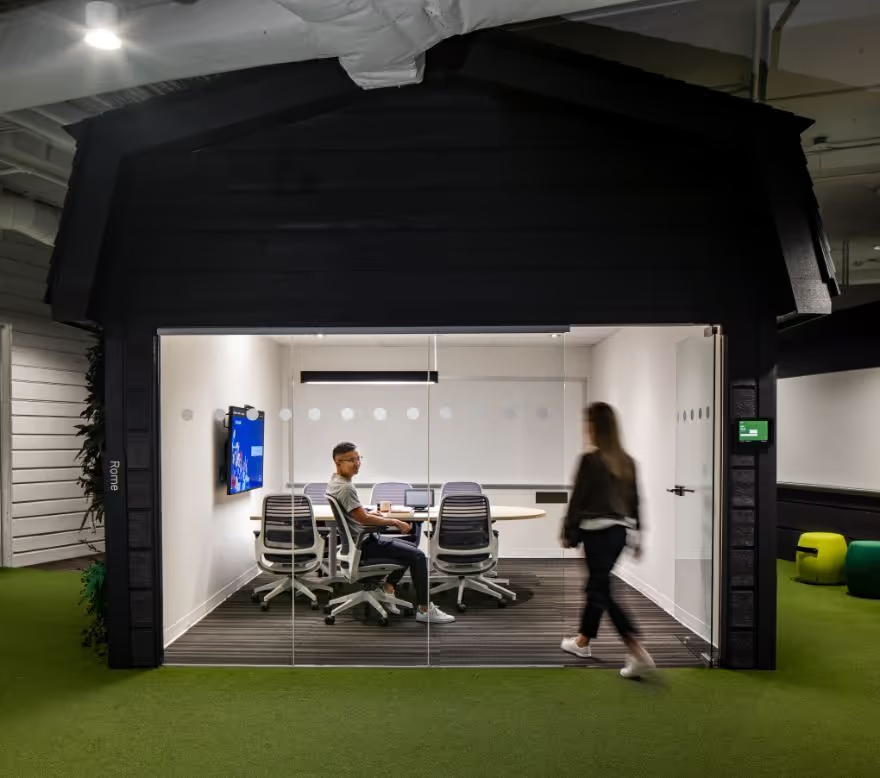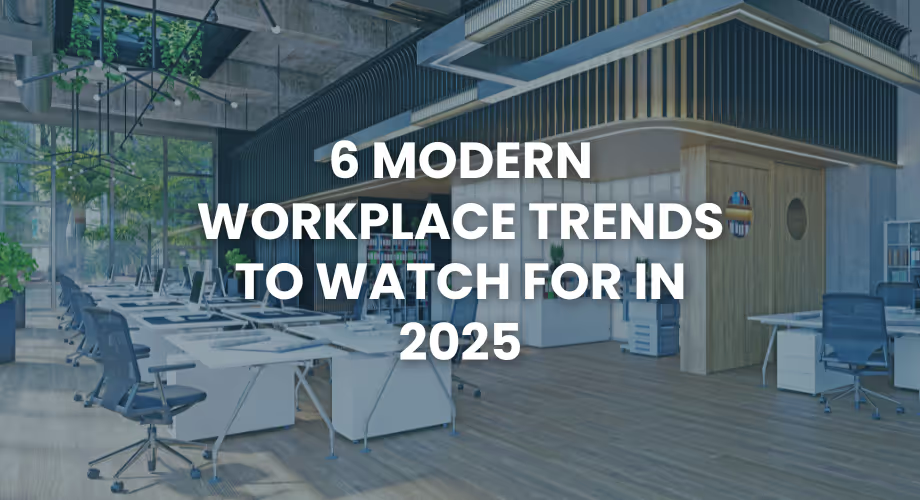In a climate where remote work has become ingrained, recent statistics paint a complex picture. The Australian Bureau of Statistics reports an increase in office attendance, but a significant portion of the workforce still relishes the benefits of remote work. This tug-of-war between the office and the home desk is redefining workplace dynamics.
At the heart of this story are flexibility, autonomy, and technology – the trifecta shaping the future of work.
Businesses are now navigating this new terrain, with many advocating for a return to traditional office settings. They argue that face-to-face collaboration sparks innovation and maintains company culture. Yet, there's an undercurrent of resistance from workers who have tasted the fruits of remote work – the flexibility, the zero commute, and the personalised work environment.
This resistance is not just a passing sentiment. Surveys reveal that employees value the work-life balance afforded by remote work and are often willing to forgo promotions or pay rises to maintain it. This preference has led to a growing acceptance of hybrid work models, where employees split their time between home and office.
The future, it seems, hinges on hybrid work, but its permanence is contingent on one critical factor: workplace technology. To entice workers back to the office, companies must invest in technology that not only facilitates seamless transitions between work environments but also enhances the office experience. The key is not just to replicate the home setting but to offer something more – a space that is as much about productivity as it is about comfort and community.
To truly captivate employees, businesses must craft a workplace that feels both familiar and innovative. Smart technology, collaborative spaces, and a focus on well-being are not just perks but necessities in the modern office. These elements transform the office from a mandatory checkpoint to a destination of choice.

The success stories of this new chapter feature companies that embrace cutting-edge technology and design their offices as hubs of engagement and creativity. They understand that the office is no longer just a place to work; it's a place to connect, learn, and grow – both professionally and personally.
What's clear is that the future of work won't be dictated by tradition but by the experiences that companies create for their employees. As the narrative unfolds, it's evident that the office isn't facing extinction but an evolution. It's an evolution driven by a workforce that knows what it wants and a business landscape that's learning to adapt.
In this transformative era, workplace technology is not just a tool but a bridge – a bridge to a future where the office is an ecosystem that supports diverse ways of working. It's a future where the physical and digital coalesce to create an environment that's as dynamic as the people it houses.
As companies chart their courses in this brave new world, they must remember that the greatest lure back to the office isn't just about policy or expectation – it's about creating an irresistible workplace experience. It's about showing that while work can happen anywhere, the office is where it thrives.
The Team @ Merge Technologies



.avif)